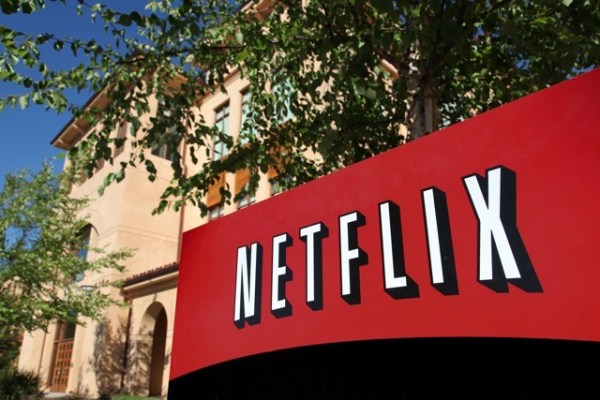Last week, Netflix made some changes to its API program and Terms of Use for connecting with it. Since then, there’s been some confusion about what the changes actually mean for developers. That confusion was highlighted in a blog post by Goodfil.ms Monday morning, which claimed that Netflix was “quietly smothering its third-party ecosystem.” (Update: Goodfil.ms has updated its blog post after getting some clarification from Netflix.)
While there are some significant changes, there’s nothing that should stop third-party developers from adding value for subscribers looking to access the service through mobile, web, or other connected device applications.
The biggest change to the API is that Netflix will no longer share its rental history with third-party developers. That includes movies that Netflix users have streamed or received through its DVD-by-mail service. According to the blog post, the company will continue to support third-party application developers, but “do so in a way that is aligned with our broader objectives.”
Bigger questions have arisen around the new Terms of Use, which some fear will stifle third-party applications by limiting how developers can make money off the apps they build, and their ability to share Netflix data alongside other competing services. With the new Terms of Use, there are two main behaviors that Netflix is trying to prevent: First of all, it’s hoping to stop developers from reselling technology and information from the Netflix API to third parties. And secondly, it’s trying to stop developers from scraping its metadata and using it to advertise competing services.
In the Goodfil.ms blog post, the company suggests that if you build a Netflix app, you won’t be able to charge for it. But a Netflix spokesperson says there’s a key distinction between how the Netflix API is being used in applications that are sold directly to consumers versus those that attempt to resell that technology to others. Netflix is not trying to stop companies like InstantWatcher or Fanhattan from creating commercially viable businesses based on surfacing its titles through their services and charging consumers for them.
It’s mainly attempting to stop developers from becoming middlemen that resell its API technology to other companies. So a Fanhattan iPad app sold to consumers is OK, but licensing out its white-label search and discovery platform to a consumer electronics manufacturer is not. That is, unless it doesn’t want to include Netflix titles in the search.
The Goodfil.ms blog also claims that Netflix wants developers to “close their eyes and pretend that other services don’t exist.” But that’s not entirely true, either. The new terms of use aren’t meant to stop developers from creating apps that provide universal search across multiple competing video services. But they are saying that developers can’t rely on or scrape Netflix’s metadata as the main source of information about film titles if they’re going to showcase other services as well.
The big trend here is that providing access to Netflix’s streaming service is OK, but the company is pulling some proprietary data back behind the curtain. Want to show users which movies their friends have liked by hooking up with Facebook Connect, and forward them to Netflix? That’s fine. But you won’t be able to repurpose Netflix’s own viewership or recommendation data for use in your own app. For most developers that hook into Netflix’s API, that shouldn’t be a problem.
